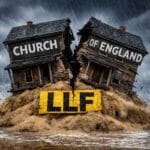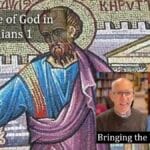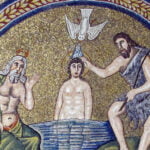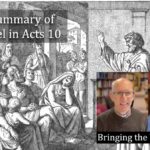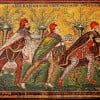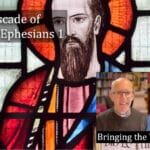The Bishops on LLF: how good a diagnosis of our pain?
Summary: the statement from the House of Bishops is much as anticipated in terms of drawing the LLF process to a close with none of the further promised changes being introduced but putting a new process in place to report to Synod sometime between February 2027 and July 2028. There is therefore much here to encourage those committed to current teaching and practice in contrast to most statements in the last three years or more.
But there are also concerns about the statement. These relate to the lack of pastoral provision and the possible restarting of a new process with similar goals albeit now following due process. More seriously, the statement makes starkly clear the depth of pain and division the LLF process has now produced across the whole church and particularly for gay, lesbian and same-sex attracted Christians whatever their convictions. However, in its account of unity and disagreement the statement fails to offer anywhere near an adequate analysis of why this disagreement has caused so much pain and ended as it has done.
There is also little evidence that the House collectively has a sufficiently clear sense of its episcopal responsibilities and how to exercise them better in future in the light of what has happened and where we now are. This means major concerns must remain that we are still some way from avoiding a repeat of the difficulties of the last three years when the bishops bring something back again to the new Synod to be elected this summer.
Andrew Goddard writes: After the House of Bishops met yesterday (14th January 2026), it issued an important statement on Living in Love and Faith (LLF) in the form of a 9-page, 41 paragraph “letter” which had the support of 35 bishops, 1 dissenter and 4 abstaining. This vote signals what the letter refers to as “a high degree of consensus” as evidenced in the accompanying press release with extensive quotations from the Archbishop of York and the bishops of Winchester, Sheffield, Chelmsford, Blackburn and Oxford (but none from the Archbishop of Canterbury-designate).
